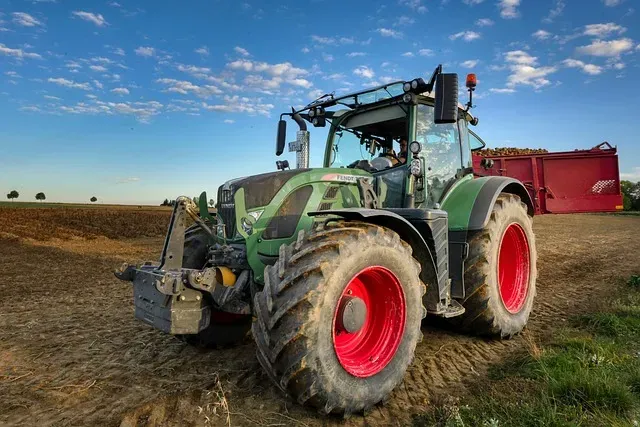Leasing equipment, particularly in agricultural operations, offers several financial and operational advantages that can significantly impact a farm’s efficiency and profitability. While purchasing equipment outright is a common practice, leasing presents unique benefits that are worth considering.
Advantages of Leasing Farm Equipment
-
Lower Upfront Costs: Leasing requires minimal initial investment, allowing farmers to acquire essential equipment without substantial capital expenditure. For instance, leasing a $400,000 tractor may involve a modest initial payment, preserving cash flow for other operational needs.
-
Flexibility and Access to Modern Technology: Leasing enables access to the latest equipment models, which are often more fuel-efficient and technologically advanced. This flexibility ensures that farmers can adapt to evolving agricultural practices without the commitment of ownership.
-
Tax Benefits: Lease payments can be fully deductible as business expenses, potentially offering immediate tax relief. This contrasts with purchasing, where deductions are spread over time through depreciation.
-
Preservation of Capital: Leasing allows farmers to maintain working capital, providing financial flexibility to invest in other areas of the business, such as land improvements or crop production.
Considerations When Leasing vs. Buying
-
Cost Comparison: While leasing reduces upfront costs, it’s essential to evaluate the total cost over the lease term compared to purchasing. For example, leasing a $400,000 tractor might result in higher cumulative payments over several years than purchasing a $300,000 model outright.
-
Ownership and Equity: Purchasing equipment builds equity, allowing for potential resale value at the end of its useful life. Leasing, however, offers the benefit of regularly upgrading to newer models without the hassle of selling old equipment.
-
Tax Treatment: Lease payments are typically deductible as operating expenses, while purchased equipment is depreciated over its useful life. It’s crucial to consult with a tax advisor to determine which option aligns best with your financial strategy.
Conclusion
Leasing farm equipment, such as a $400,000 tractor, can be a strategic financial decision, especially when considering cash flow management, access to modern technology, and potential tax advantages. However, it’s essential to assess the long-term financial implications, including total costs and the absence of ownership equity. Engaging with financial advisors and conducting a thorough cost-benefit analysis will ensure that leasing aligns with your farm’s operational and financial goals.

